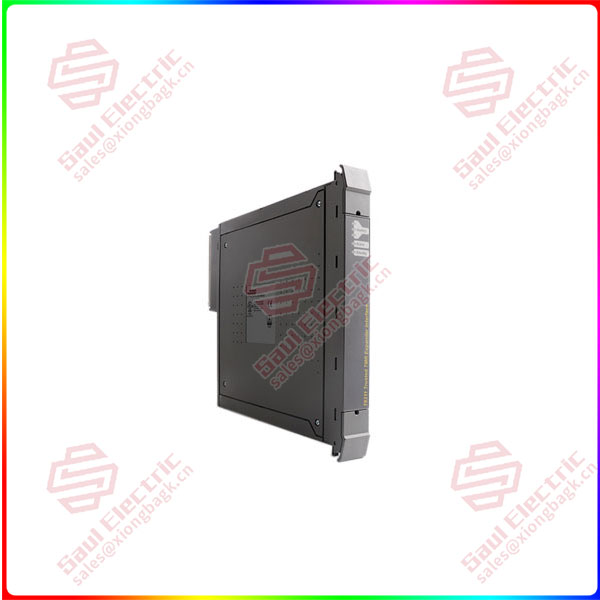Market definition
Enterpris Low-Code Application Platforms is an application platform that enables the rapid development and deployment of custom applications by abstracting, minimizing, or replacing code needed in development. LCAP is the foundation for various application types, application components, and process automation.
Popular use cases include:
1. Line-of-business software development for back-office and front-office applications: LCAP’s architecture and implementation have reached a level of maturity to provide application platform services for virtually any business case.
2. Modernization and enhancement of legacy business applications: LCAP enables migration from legacy technology stacks to enable and facilitate composable businesses and architectures.
3. Develop applications to support the automation of internal company processes and workspaces: LCAP has become one of the key factors behind the success of ultra-automation initiatives.
Three features that LCAP must include:
1. Includes low-code capabilities to develop complete applications that include user interfaces, business logic, and data storage for Web and mobile channels.
2. Support model-driven or graphical programming methods through scripting.
3. Act as a runtime platform for applications developed on LCAP.

T8480C
LCAP should provide:
1. Support all phases of the software development life cycle, including deployment to multiple environments, observability, and governance control.
2. Support change synchronization for multiple developers working in parallel.
3. Custom API generation, used to create packaged business functions and shared apis.
4. Connectors for the most popular business applications, platforms and database management systems.
5. Toolsets for testing or to support integration with external test management and automation tools.
Optional features include:
1. Internal implementation of the design system or integration with the external design system.
2. Provide data center or data structure services for data governance and composition.
3. Ability to create new integrations and connectors for external applications and platforms.
4. Support modern architectures such as event-driven and streaming architectures, microservices architectures, and microfront ends.
5. Ai-assisted application development, testing, and business decision automation.
03
There are three factors IT leaders need to consider when applying LCAP
A new wave of digital transformation continues to challenge the state of business capabilities across all verticals and create opportunities for technological disruption. Modern IT leaders cannot rely solely on traditional high-code application development methods. They must embrace the pace of application development moving to higher levels of abstraction and adopt low-code platforms to accelerate application development. LCAP provides organizations with the opportunity to keep up with the latest practices, such as platform engineering and technological innovations such as AI-assisted application development, especially the latest trends in generative AI.
As a result, LCAP for a variety of developer audiences is becoming mainstream. Even conservative IT organizations that previously resisted modernization and automation are leveraging LCAP to migrate to the cloud, enable mobile user experiences, address skills and resource shortages, and accelerate time to market for products and services. Advanced IT organizations are developing low-code platforms for commodity application services, such as basic data-oriented applications, and using composable architectures to layer low-code on top of mission-critical, API-enabled products, such as SaaS and hand-coded custom products.
 1 Year Warranty
1 Year Warranty





